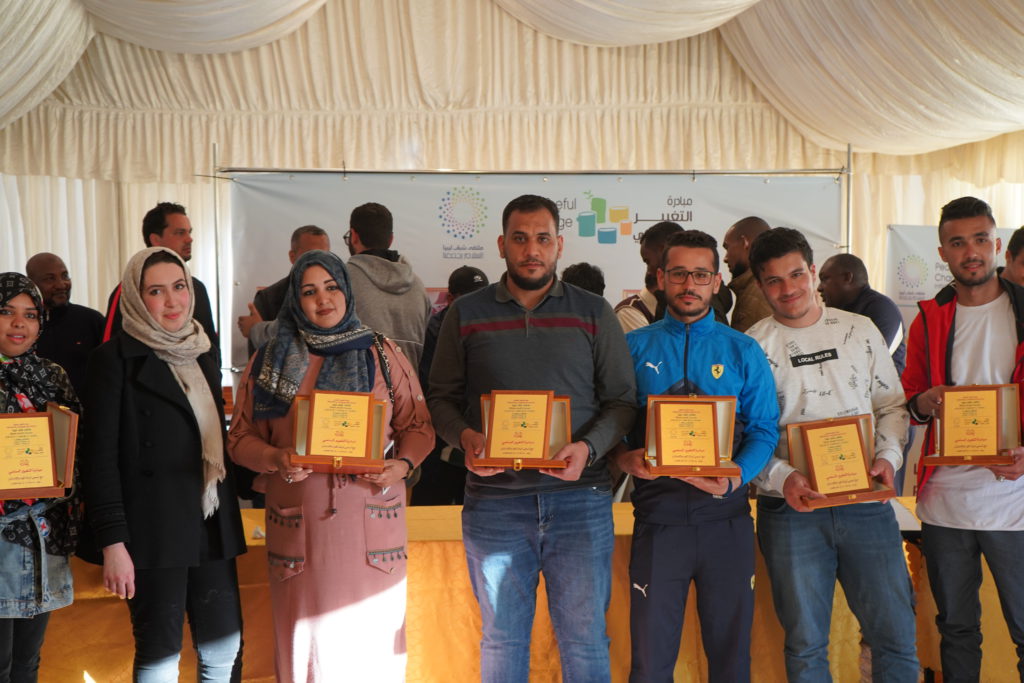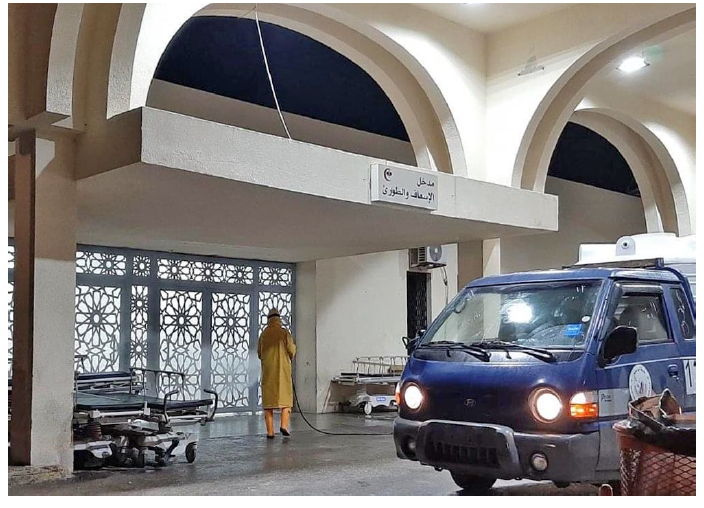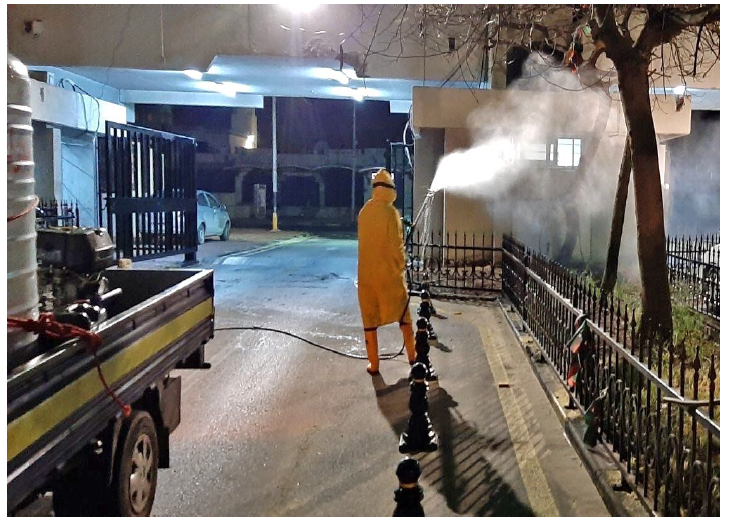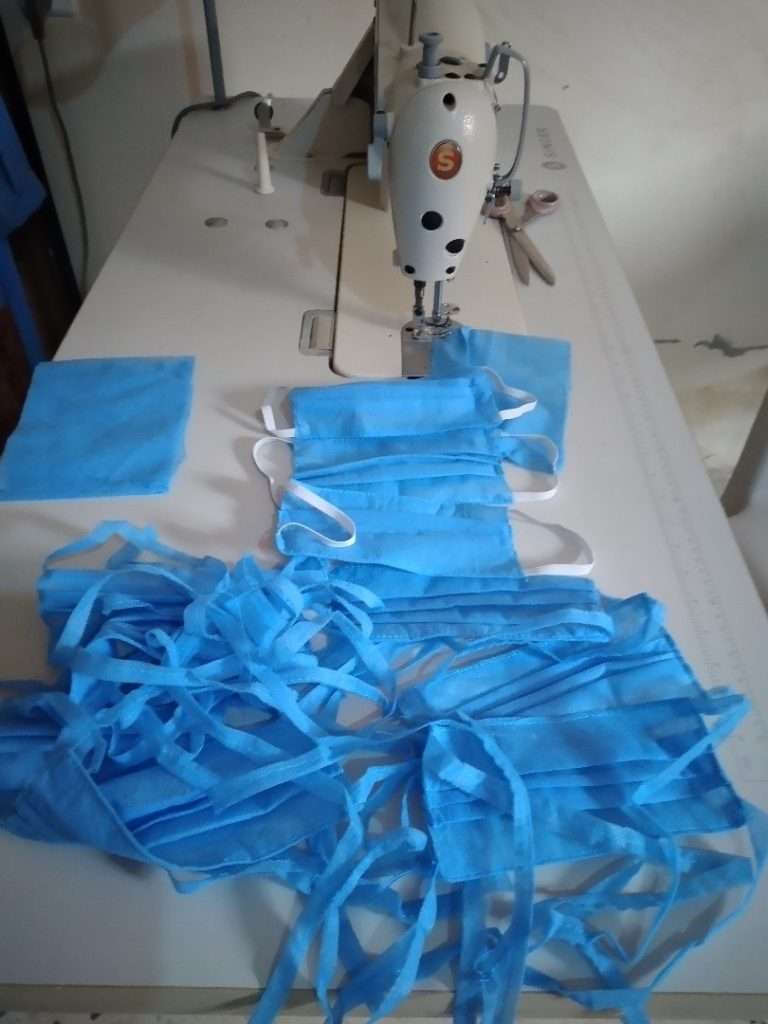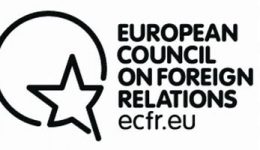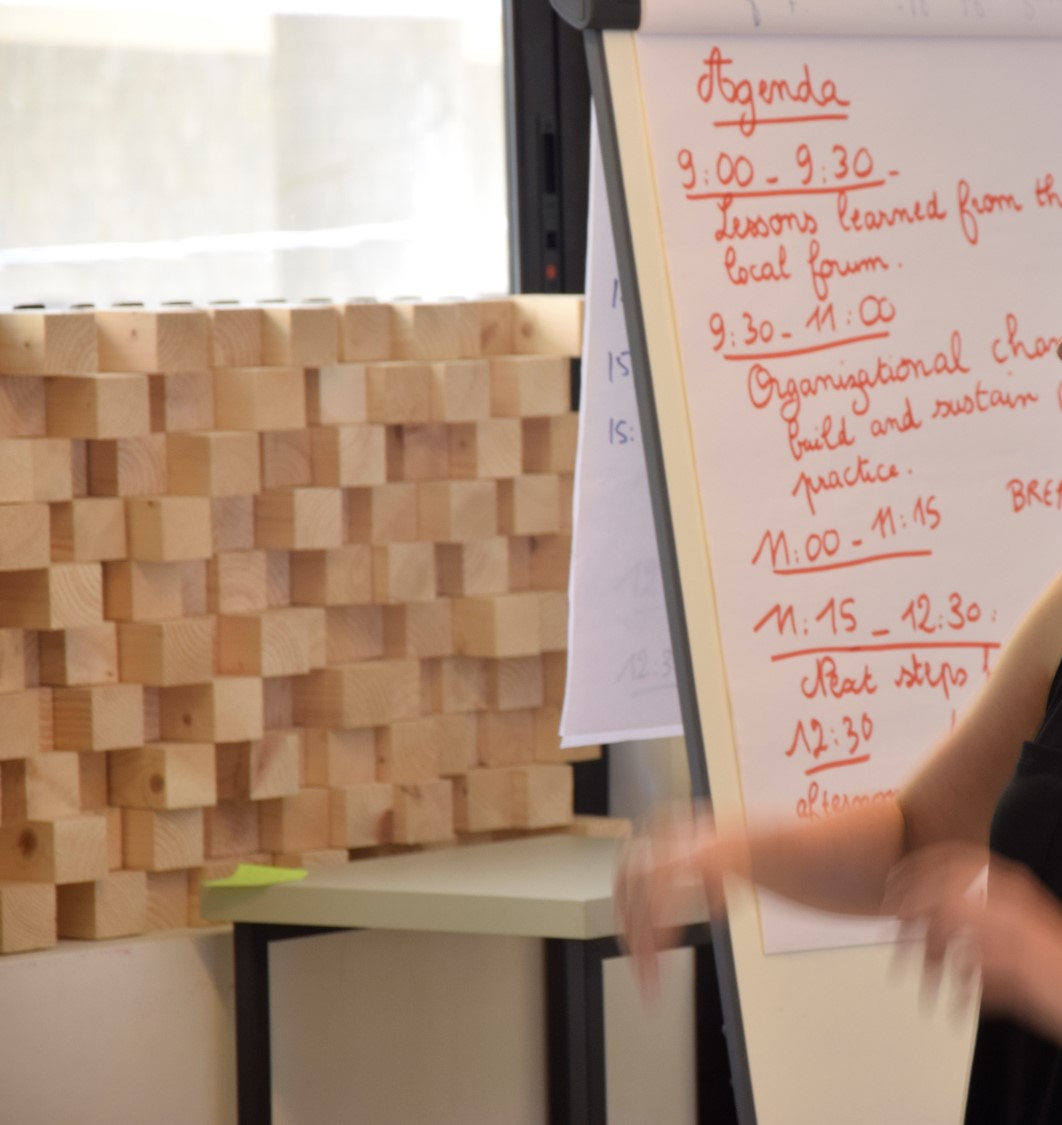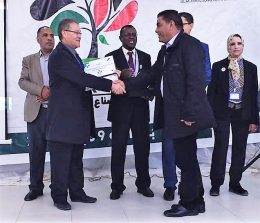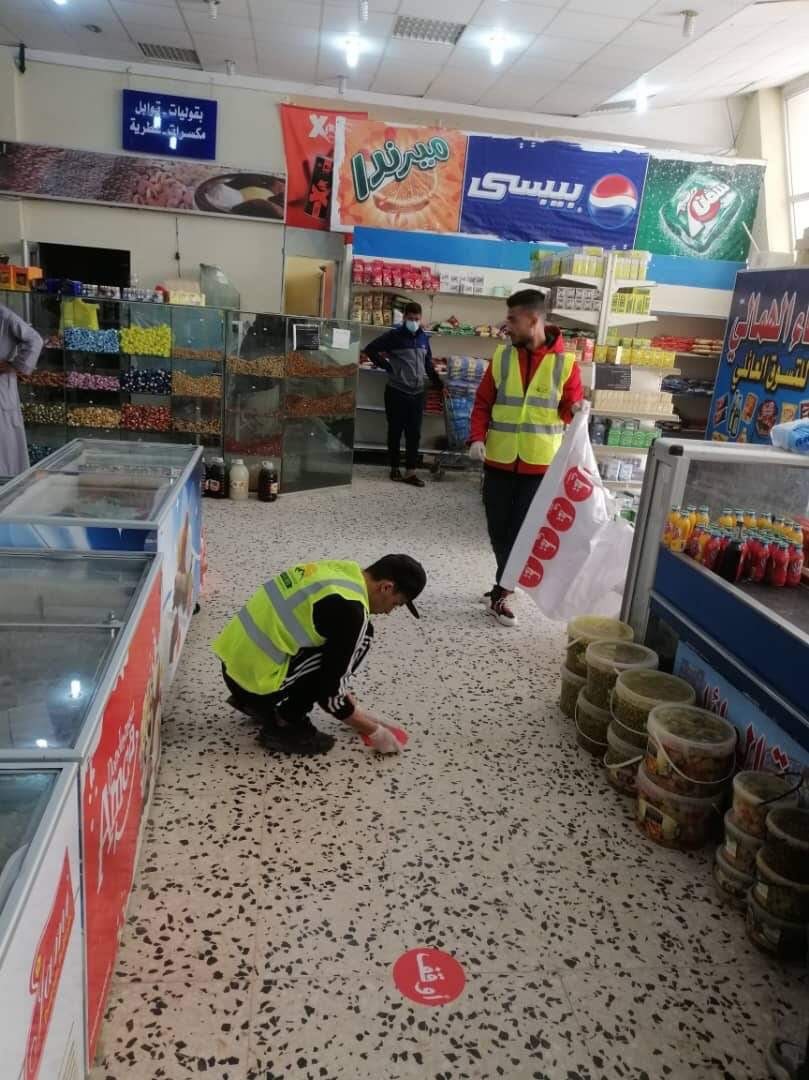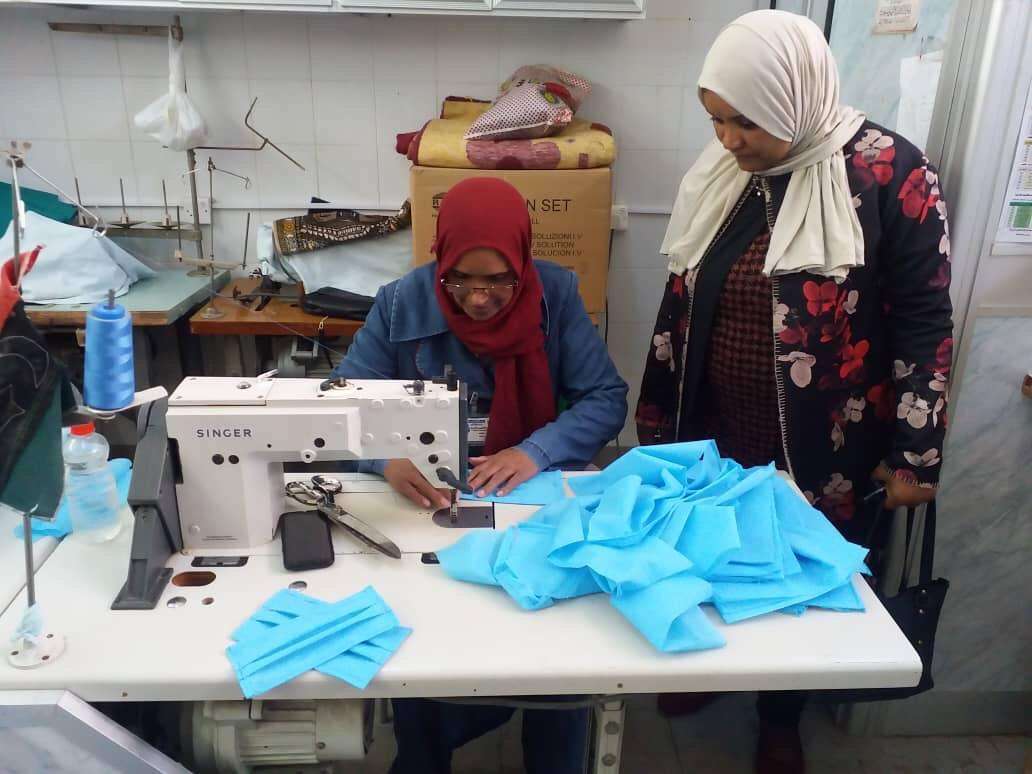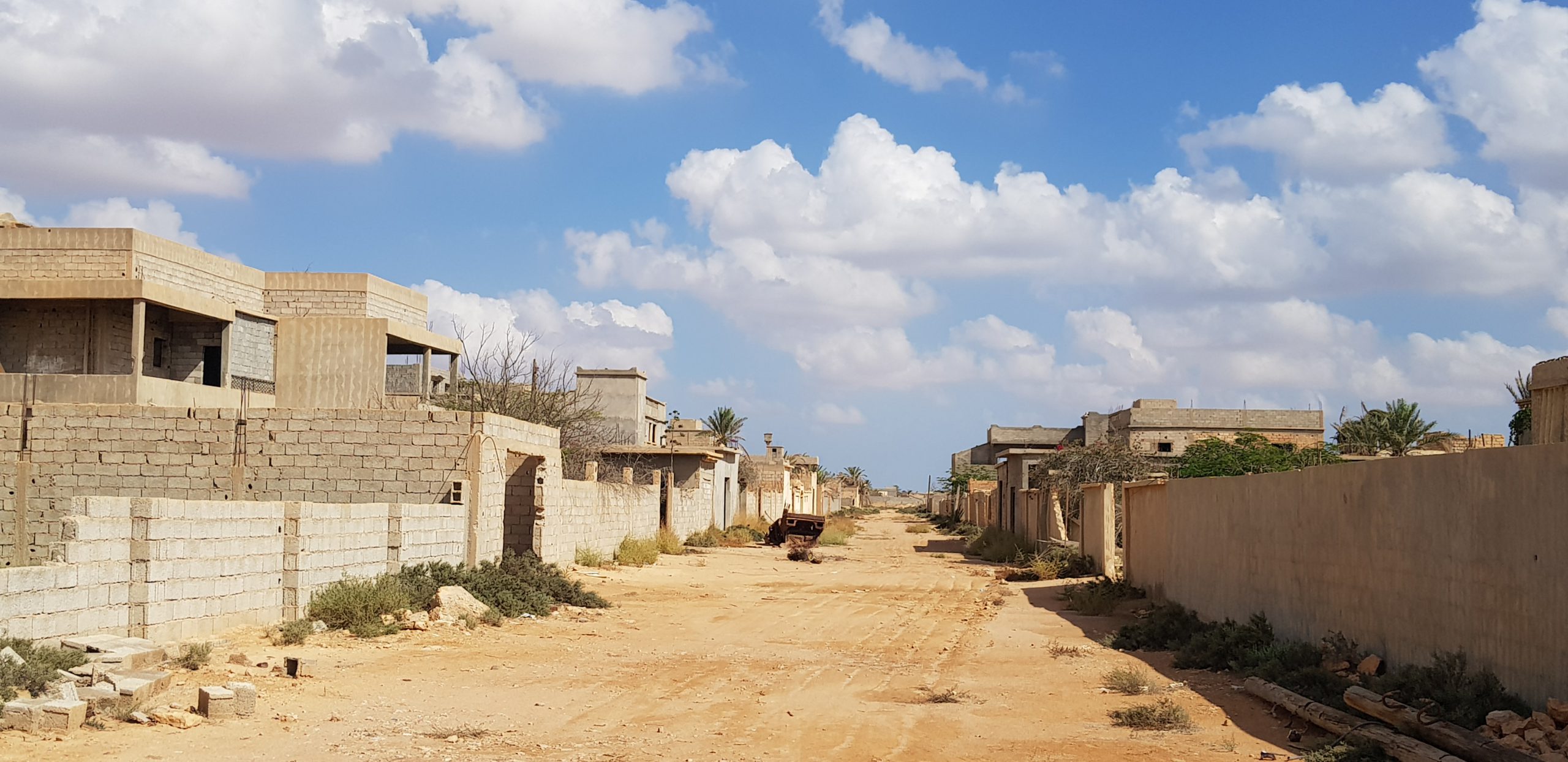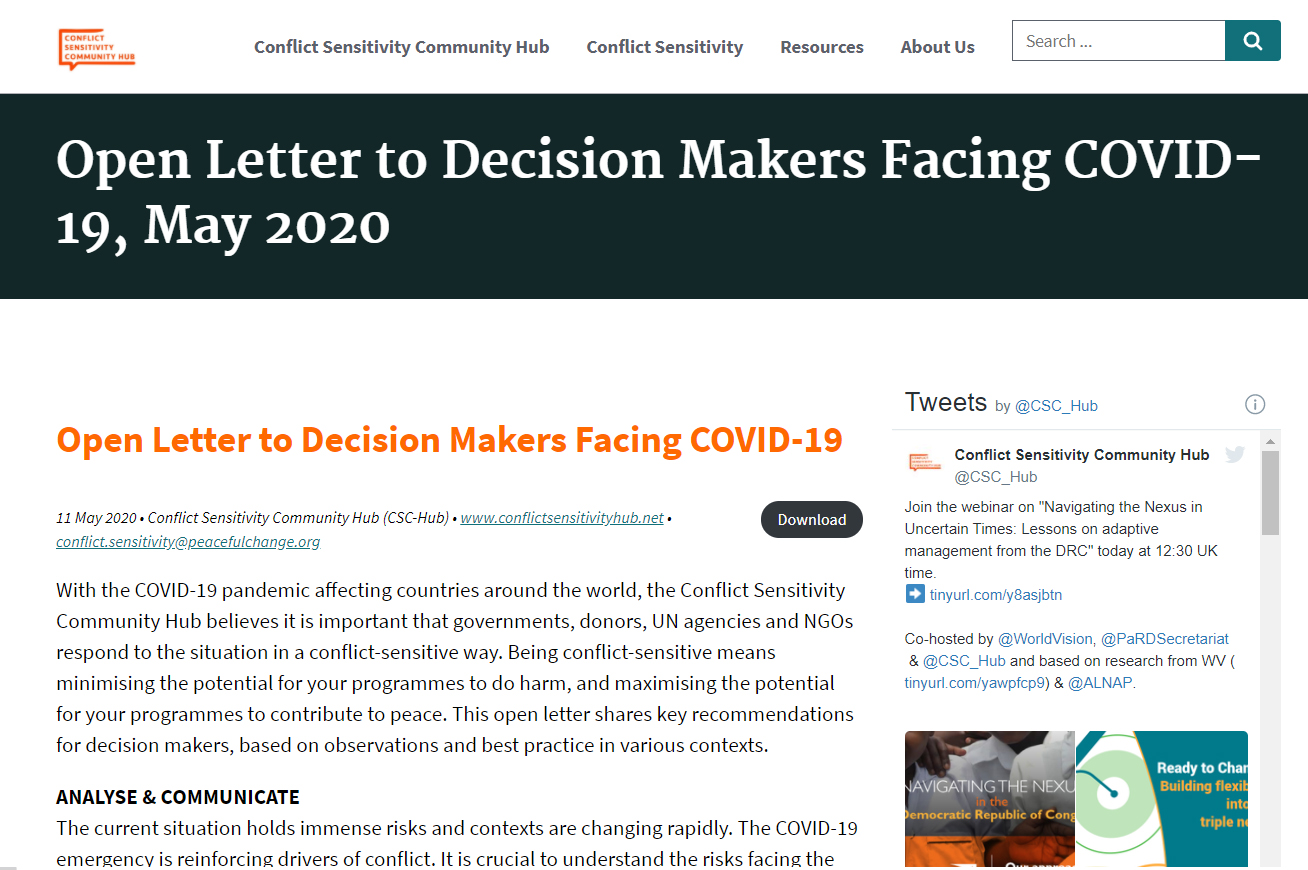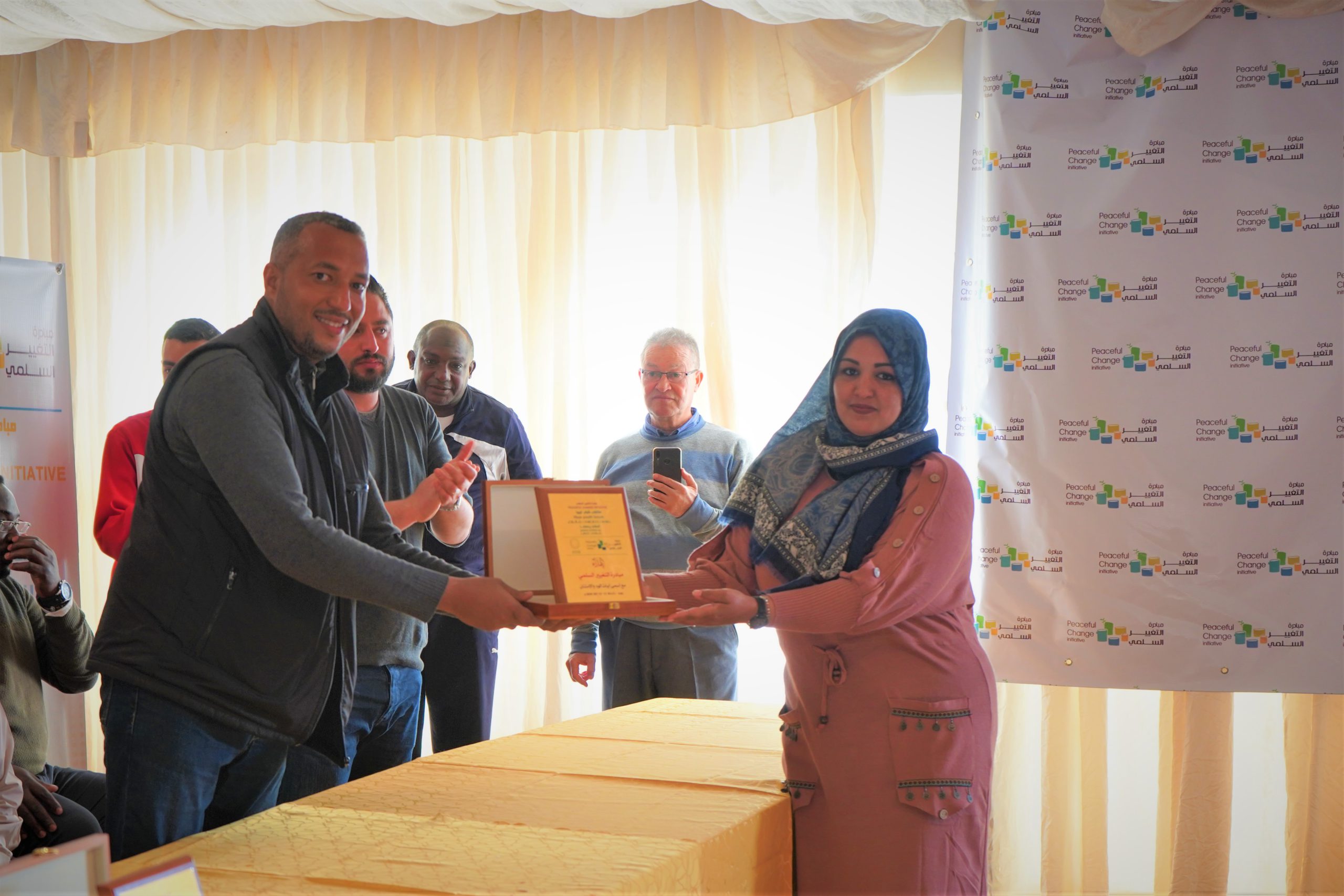
PCi organised a three-day youth forum in the coastal town of Zuwara, bringing together over 95 young activists, working on social peace and local development, from 27 towns and cities across east, west and south Libya in March 2020. Youth make up 65 per cent of the population and are disproportionately under-represented in both national and local government institutions.
One young woman from Almarj told her inspiring story about how she had established a centre for women’s literacy in Tulmaitha, with the support of the Alsahel Social Peace Partnership; thirty illiterate women who wanted to learn how to read and write have subsequently graduated. She said: “Sharing my story shows other young Libyans that nothing is impossible; I became really motivated to work for my society when I realised that I could achieve my goals.”
Another young man from Sabrata established five sport pitches and engaged both young women and men from the surrounding five towns to participate in the sports for peace initiative. He explained: “There are many young people who have great ideas but are afraid to implement them because there is so much pressure in society; I really hope that by sharing my success story today, I will encourage other youth to take that step forward.”
A young woman from Ubari explained how she had opened a paramedic training centre to ensure that all town residents were able access to health care. This achievement led to her involvement in the Ubari Social Peace Partnership where she worked to resolve local tensions in the community and subsequently established a women’s peacebuilding collective.
The youth forum highlighted the importance of ensuring the voice of youth is included when working to overcome local, regional and national conflicts and demonstrated the power of national youth solidarity.
